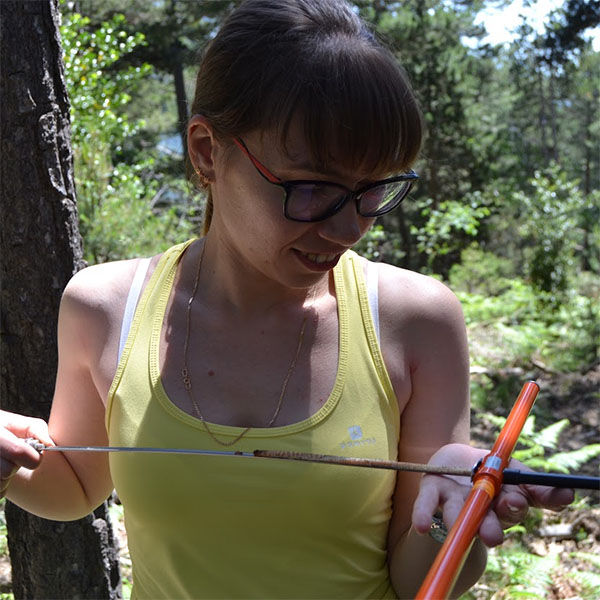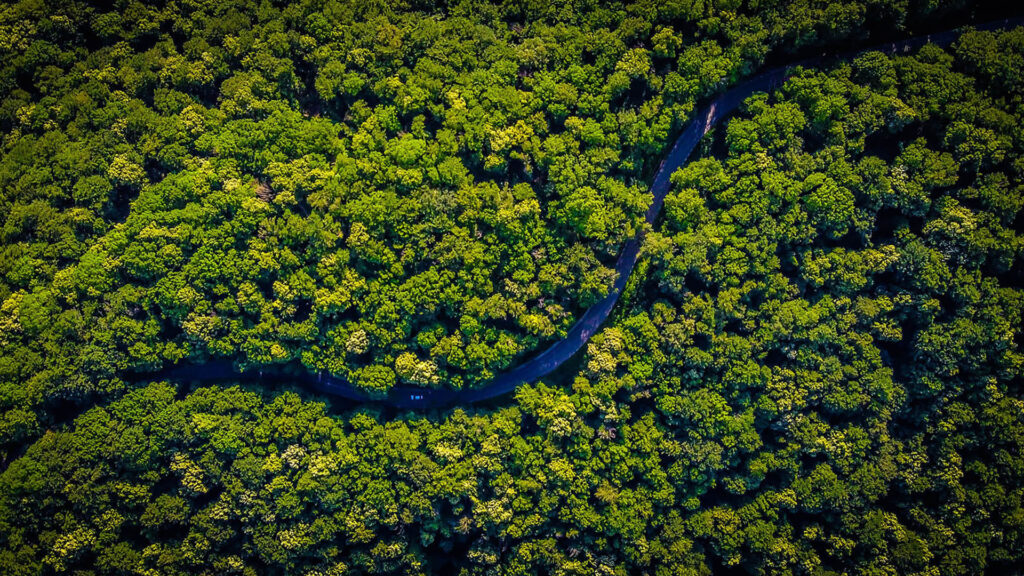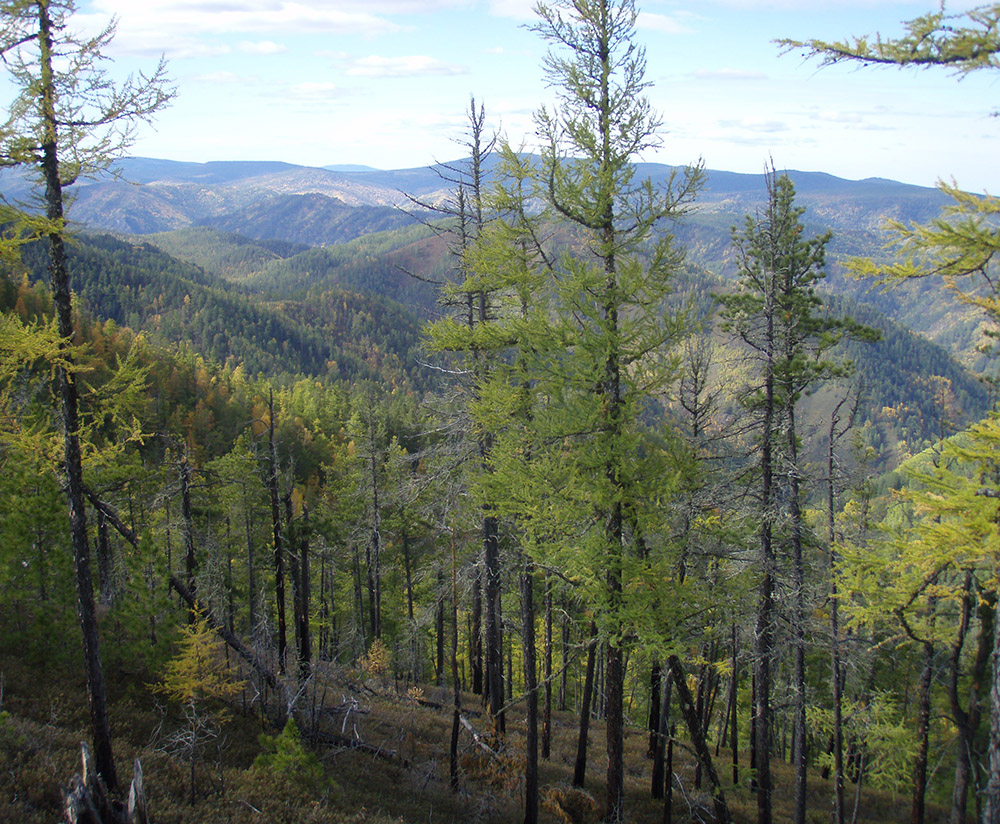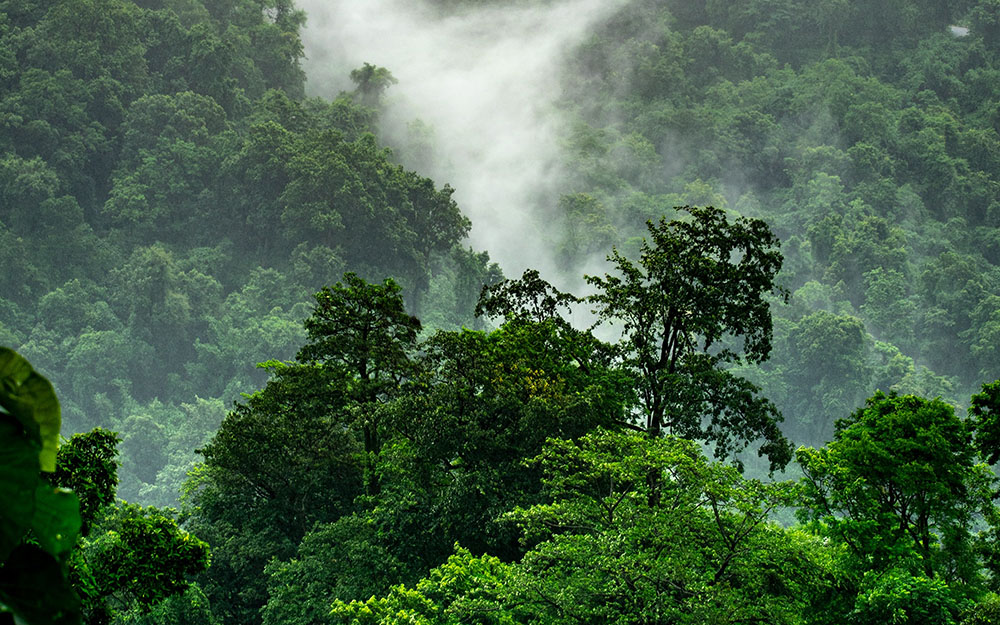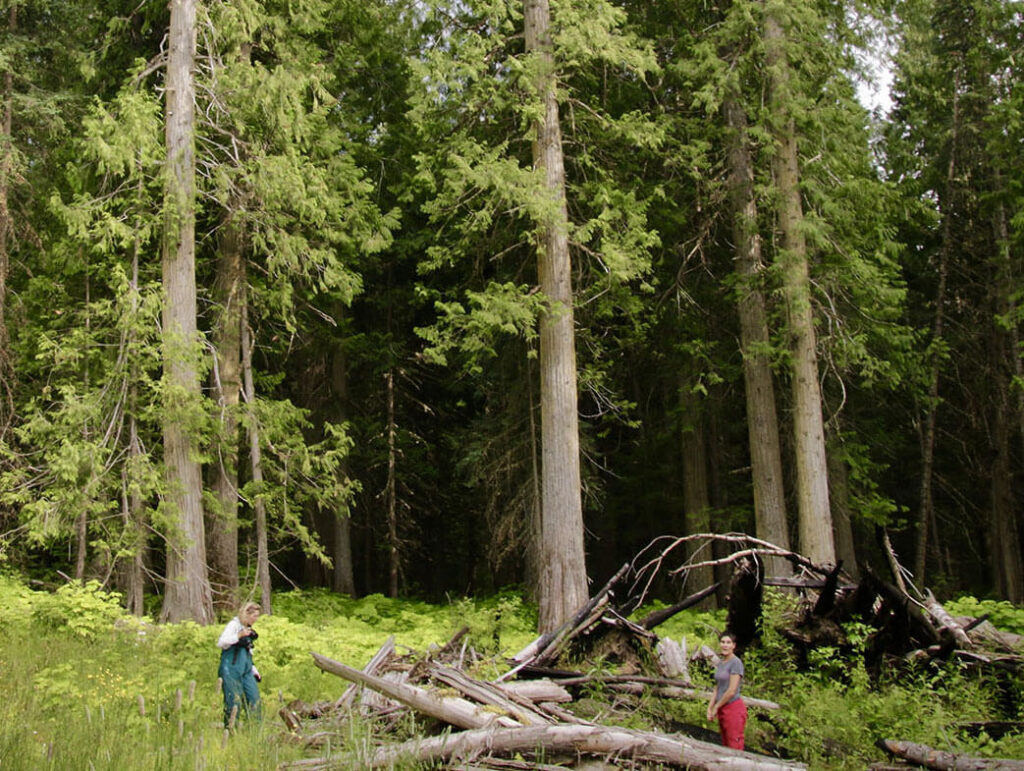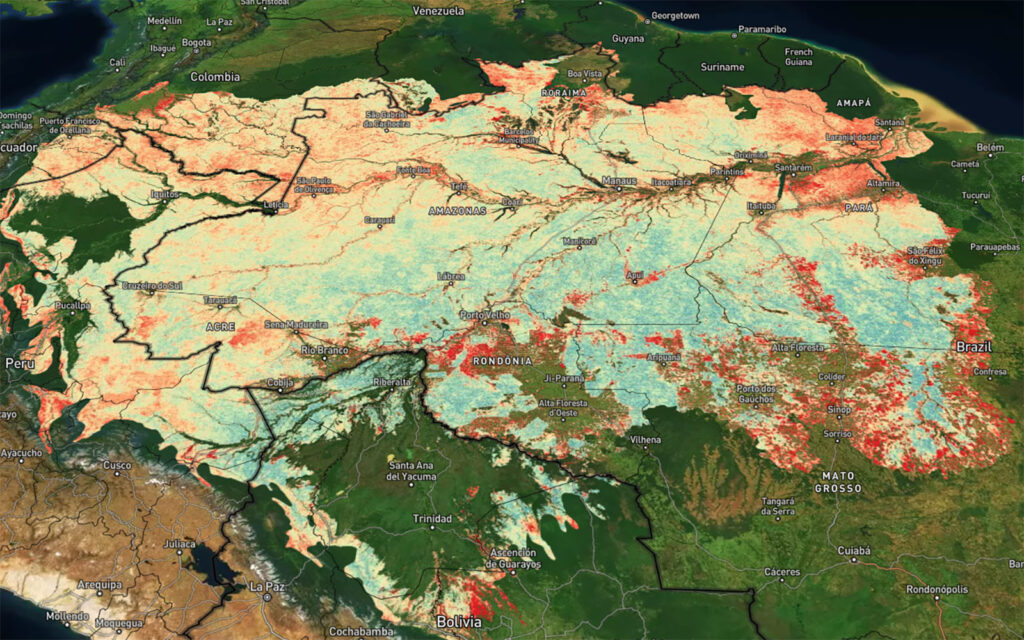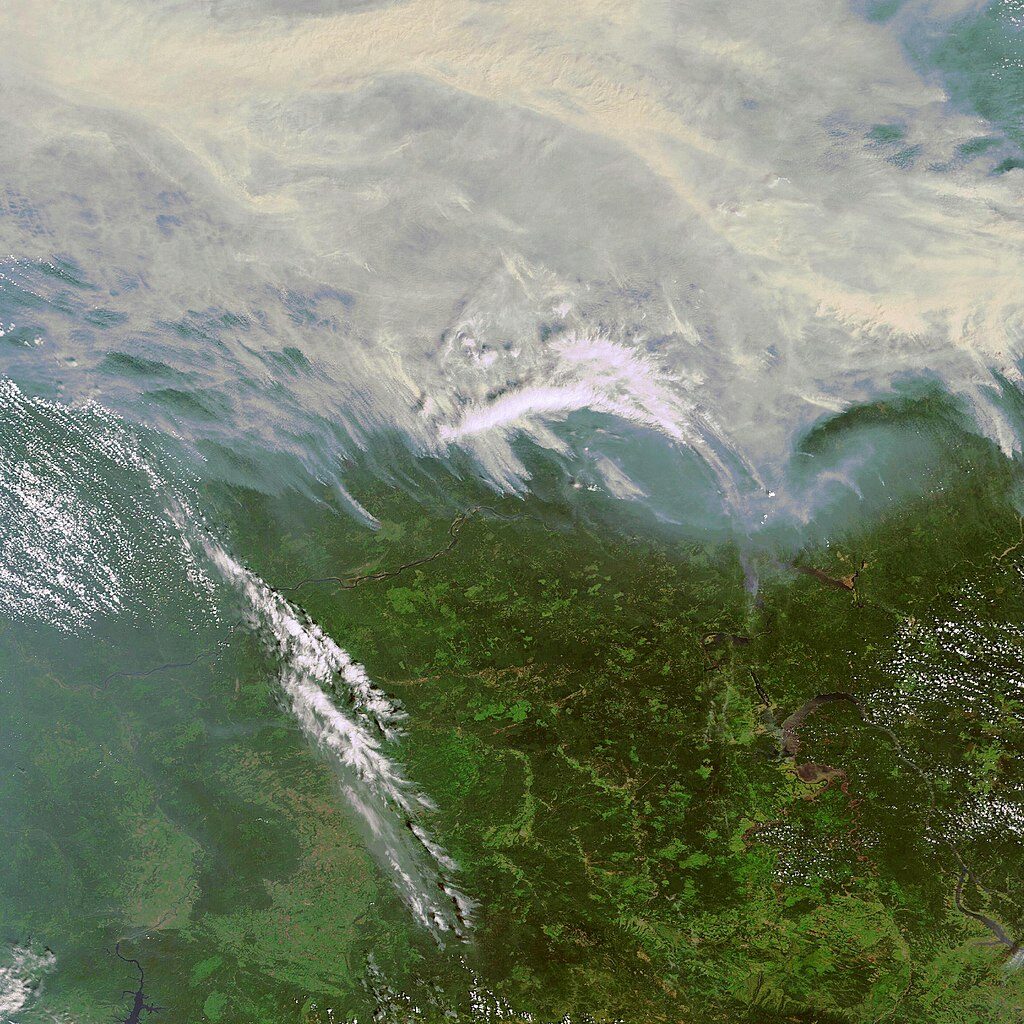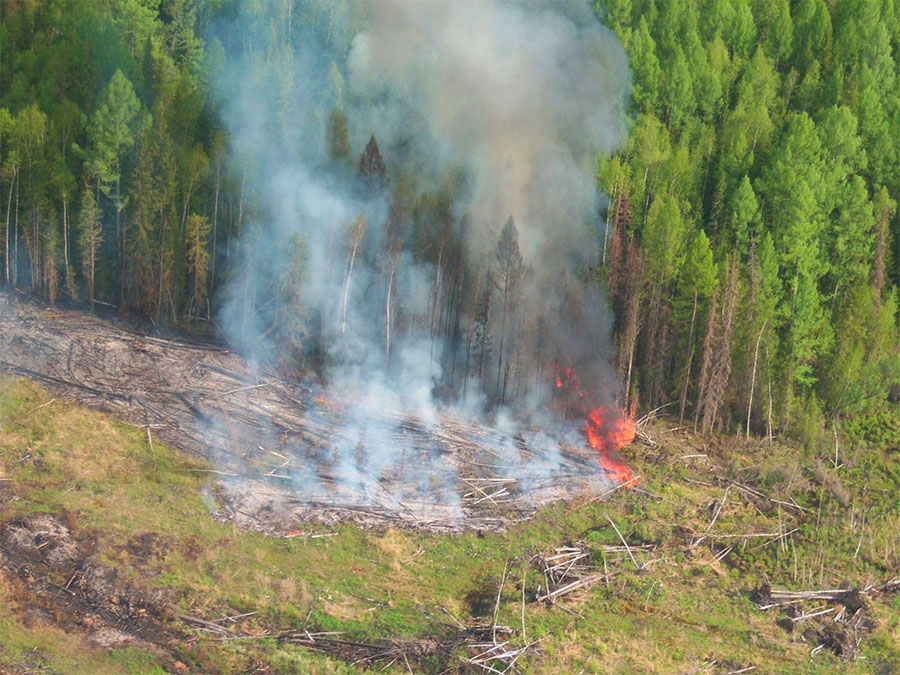Tatiana is interested in understanding the processes underlying the complexity and diversity in ecosystem response patterns to environmental forcing and how these patterns are spatially structured across environmental gradients.
She has worked on designing efficient inference tools and algorithms based on mixed modelling principles capable of handling the unbalanced-ness and interdependencies among observations typically associated with ecological data sets.
Tatiana has successfully applied these models to characterise composite patterns of environmental signals that are present across multiple spatiotemporal scales (local, regional, continental) and to ascertain how these patterns are modified along biogeographical gradients.
The Woodwell Climate Research Center is a leading source of climate science that drives the urgent action needed to solve the climate crisis. More about Woodwell Climate Research Center.
Tatiana's project publications
Policy brief: The irreplaceability of tropical primary forests
17/06/2025
The economic values of primary tropical forests are global significant. Avoiding their loss and degradation is critical to meeting global climate, biodiversity, and social development goals.
Tracking ecosystem stability across boreal Siberia
02/12/2024
Forests around the world are under immense pressure from human land use and climate change, however vastly improved remote sensing techniques can help identify where forests are under greatest stress from a wide range of human-caused and climate risks.
Policy brief: Ecosystem integrity maximises climate mitigation and minimises risk in international forest policy
16/11/2022
The ecological, social and economic values of forests are widely known and avoiding their loss and degradation has been recognized in national and international policy as critical for helping address the many global problems we face.
Using ecosystem integrity to maximise climate mitigation and minimise risk in international forest policy
16/09/2022
Rules and guidelines that treat forests equally in key international policy frameworks regardless of their risk profiles limit their effectiveness and can facilitate forest degradation. Here we assess the potential for using a framework of ecosystem integrity to guide policy goals.
Mapping forest stability within major biomes using MODIS time series
15/09/2022
Forest stability is a key component of ecosystem integrity and primary forests. Current remote sensing products largely focus on deforestation rather than forest degradation, and depend on machine learning calibrated with extensive field measurements. To address this, we used MODIS time series to develop a novel approach for mapping forest stability across forest biomes.
Fire and logging threats to primary forests in central Siberia
15/10/2021
Using remote sensing time series, we found increasing trends in fire and logging disturbances in primary forests of the Angara case study region. We also found large increases in fires closer to human settlements, roads, and logged sites.
International Union for Conservation of Nature Primary Forest Case Study: Boreal Siberia
16/09/2021
This case study for the IUCN details the context, values, and threats to primary forests in the Angara region of Siberia, as well as recommended solutions and responses. This is one of several case studies submitted to the IUCN as part of the Primary Forests project.

